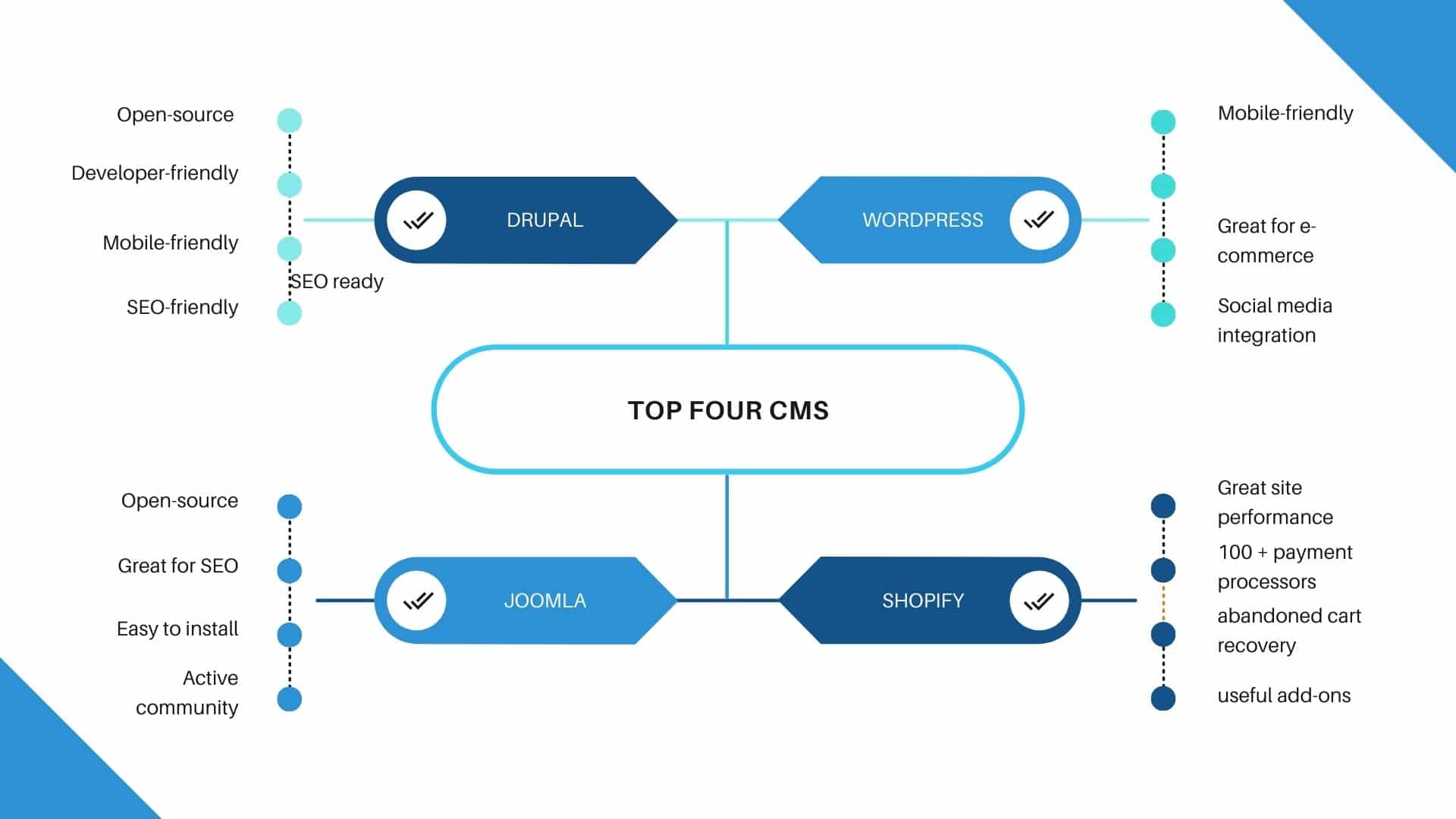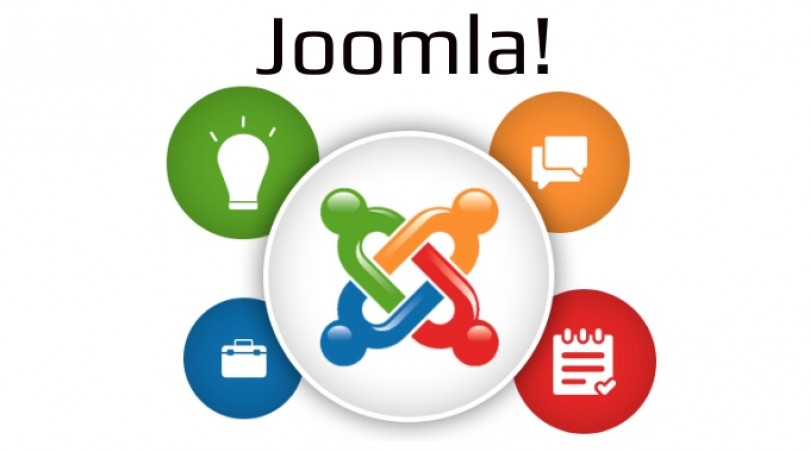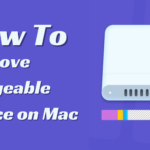Top Four Content Management Systems for Building Websites
With the advent of CMS technology, developing a website has become a lot easier task. You can create and customize your website with ease. Unlike custom web development, you can add any feature or functionality to your website with CMS web development even after publishing it, and that too without worrying about starting from scratch. However, when it comes to CMS, there are several options available in the market. Hence, it becomes a big question for business owners to decide which is the best CMS platform Are also looking for the answer? Well, in this post, we will learn about the top 4 content management systems that are known to be the perfect options to build a website of any size. So, here we go!
Top Four Content Management Systems for Building Websites
1) Drupal – 1st From Top 4 Content Management Systems
Whether you are an individual looking to build your website or an organization that wants to create a business site, Drupal is a preferred choice. It is a free, open-source platform that includes a huge community of developers from around the globe. The CMS platform is known to have a very sophisticated programming interface. Experts considered it a developing platform rather than just a CMS tool. For admins, Drupal includes in-depth report-generating tools. However, you don’t need any technical knowledge to build a website through Drupal. However, it is mainly used by advanced developers that offer professional Drupal development services.
Pros:
- Open-source platform
- Developer-friendly
- Help produce highly advanced sites
- Flexible and versatile
- Mobile-friendly
- Great for community platform sites
- Top-notch security
- Huge community
- SEO-friendly
Cons:
- Difficult to install
- Requires technical knowledge
2) WordPress – 2nd Among Top 4 Content Management Systems
WordPress is probably one of the biggest names when it comes to CMS. There was a time when WordPress was majorly considered a blogging platform. However, over the years, it has come out to be the most successful CMS platform in the market. It includes numerous plugins and themes that help developers create and customize websites according to the business needs and requirements.
Pros:
- Mobile-friendly
- SEO ready
- Easy & convenient backlinking and syndication
- Great for e-commerce websites
- Supports aggressive online marketing
- Social media integration
Cons:
- Vulnerability
- Speed
- Customization
- Updates
3) Joomla – 3rd From Top 4 Content Management Systems
Joomla is another preferred choice that is considered among the top CMS platforms. It is one of those few platforms along with Drupal that include multilingual support out of the box. This means that there is no need to install any module or plugin to add more languages to your website. Another highlight of this CMS platform is that it allows you to use multiple themes or templates at once. For custom post types, Drupal offers excellent support.
Pros:
- Content and structure flexibility
- Great for e-commerce websites
- Open-source
- Great for SEO
- Easy to install
- Active community
Cons:
- A complex platform
- Compatibility
- Not developer-oriented
4) Shopify – 4th Among Top 4 Content Management Systems

An all-in-one hosted CMS platform that is solely dedicated to e-commerce is Shopify. It helps you build exceptional e-commerce websites. If we only talk about the e-commerce business, then Shopify is probably the most preferred choice of CMS platform to build an online store. There is no need to install any software, pay any hosting fee, or manage anything such as backups and updates. Shopify works on the drag-and-drop interface that makes building an e-commerce website a lot easier. Being an all-in-one platform, this platform helps you create and manage your online store. From SEO to inventory management to different payment gateway support, Shopify covers everything to help you make an exceptional e-commerce store.
Pros:
- Supports products selling on multiple platforms
- Supports more than 100 payment processors worldwide
- Great site performance
- Support selling both physical and digital products
- Increase sales with Shopify abandoned cart recovery
- Includes useful add-ons to expand the store
Cons:
- Advanced features come at a higher price
- No email hosting
- Many of the add-ons come at a price.
With that, we come to the end of this post. These are the top 4 Content management system platforms that are quite popular amongst developers and business owners. Whether you are choosing Drupal, Joomla, WordPress, or Shopify, it is important to make the most of the CMS platform and build an exceptional website. For that, you will need professional assistance. Auxesis Infotech is a leading web design and development company having chief expertise in CMS web development. Doesn’t matter what platform you have chosen for your website, we are here to build the best website for you.



















